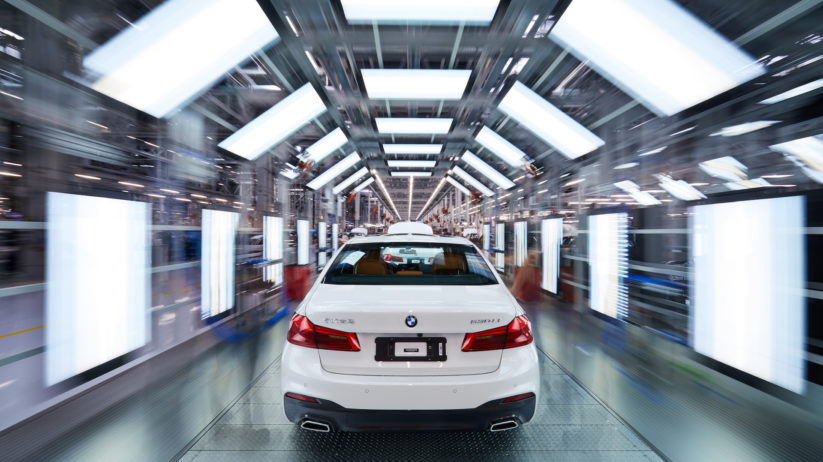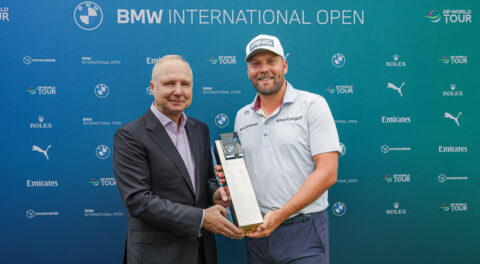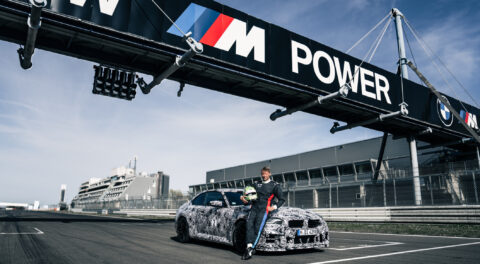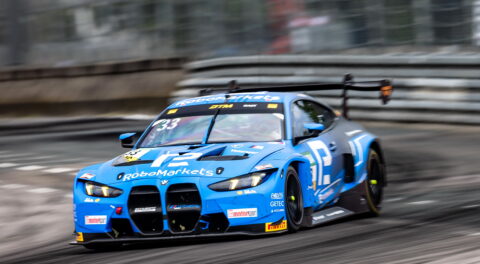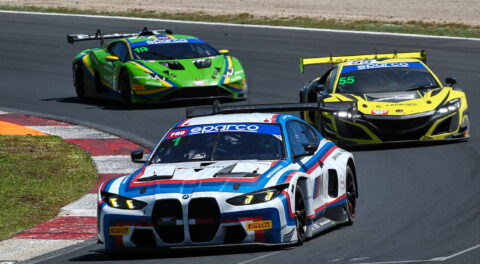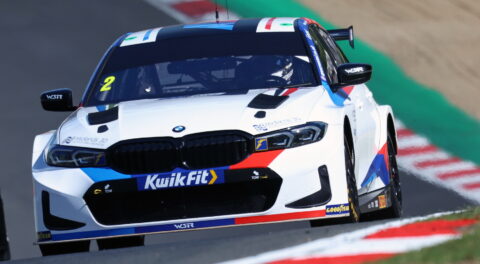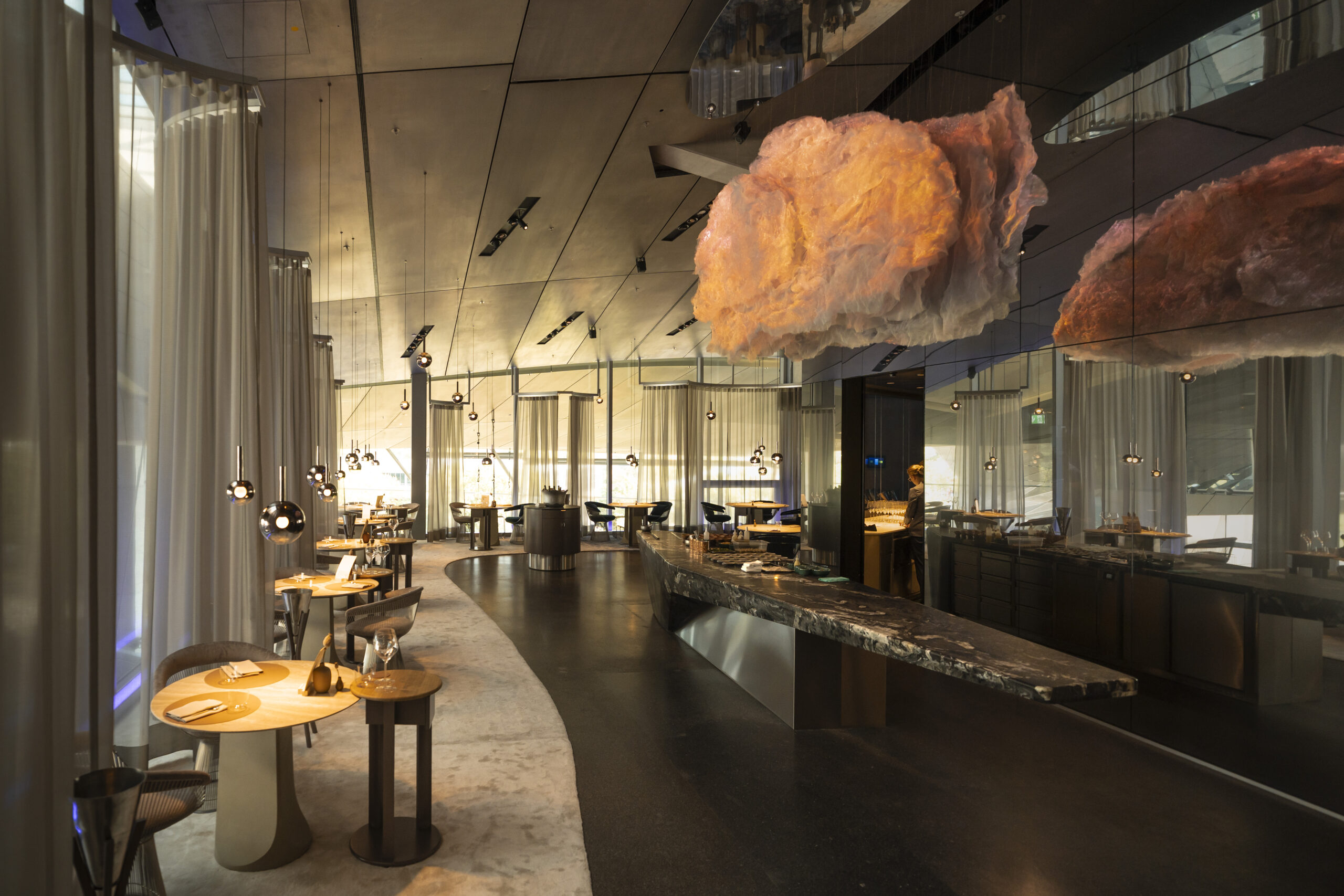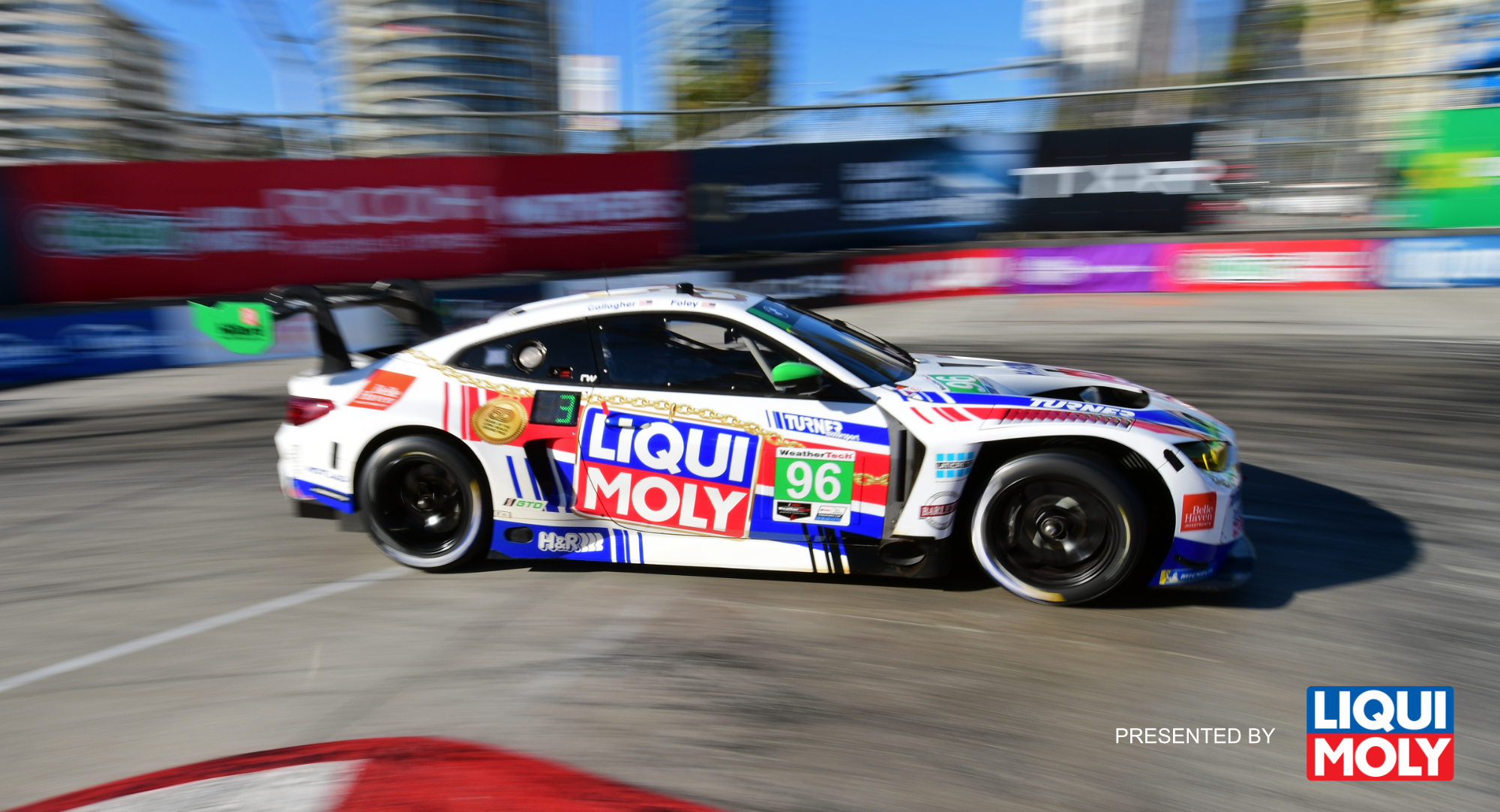More than two years since the onset of the COVID-19 pandemic, production at factories in China is once again being suspended due to control measures. China and Hong Kong are currently facing their largest waves of the virus since the beginning of 2020, and BMW did not offer a firm date in terms of a resumption of production in a statement related to the suspension. The production facilities affected by the virus control measures include those of BMW Brilliance Automotive, a joint venture with 75% ownership by BMW.
BMW’s joint venture with Brilliance Automotive dates back to 2003. The joint venture includes two plants in the Liaoning province, in the Tiexi and Dadong districts of Shenyang. There is also a powertrain plant and a research and development center, and BMW is continuing investments in China to expand annual production capacity from approximately 450,000 units to more than 650,000. The 1,000,000th BMW produced by BMW Brilliance Automotive rolled off the assembly line in 2015, and BMW Brilliance Plant Dadong produced its 3,000,000th vehicle—a hybrid 5 Series—in February of 2020. BMW recently expanded its ownership of the joint venture with Brilliance by acquiring an additional 25% stake, for total ownership of 75%.
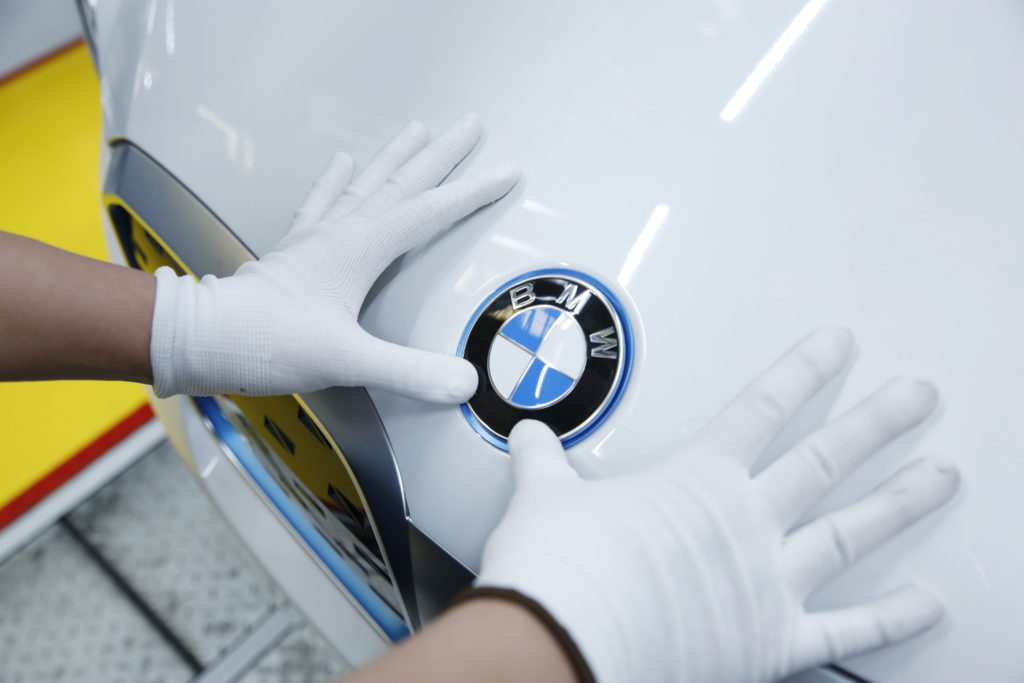
China is the largest national automotive market, and nearly all of the vehicles produced within the country are built to satisfy local demand. This month, BMW announced the introduction of a long-wheelbase X5 to be produced specifically for the Chinese market by BMW Brilliance Automotive. The BMW X5 is primarily produced at BMW Group Plant Spartanburg in South Carolina, and is thus subject to import taxes levied by the Chinese government.
The BMW Brilliance Automotive factories in China were previously shut down in response to the COVID-19 pandemic in early 2020. They reopened a short time later, and in the two years since, work on various expansion projects has continued, along with the introduction of new models such as the BMW iX3 electric SAV.
The suspension of production in China comes at a time when BMW’s European factories are just starting to resume work after production was interrupted as a result of Russia’s invasion of Ukraine, which disrupted the supply of critical parts. Last week, BMW amended its 2022 forecasts downward from previous estimates, citing the ongoing semiconductor microchip shortage and the war in Ukraine.—Alex Tock
[Photos courtesy BMW AG.]

